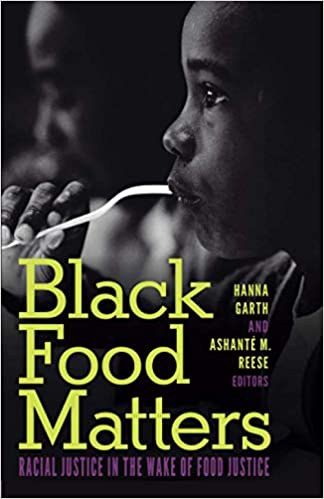Sacred recipes: The praxis, power, and politics of Black food culture
DOI:
https://doi.org/10.5304/jafscd.2021.102.045
Keywords:
Foodways, Resistence, African-American, Structural Inequities, Racism, Cultural CommodificationAbstract
First paragraph:
Garth and Reese’s edited volume Black Food Matters paints a vivid picture of the evolution of Black food culture as it negotiates the socio-cultural and political complexities surrounding food and race in America. This work centers around the manifestation of Black food in all its stages, from seed to plate, recognizing that it is both a reflection of the lived experiences of Black people in America and an outright rejection of the harm inflicted on them through a persistently anti-Black structural context. The authors trace the resistance and survival praxis of Black food culture from its earliest origins in the practices of slaves on the Middle Passage to the contemporary practices of local-food–based economies in Black urban and rural communities across the nation. In doing so, each of the authors highlights the ongoing threat that racial capitalism poses to the cultural integrity and socio-economic sustainability of Black communities. Readers are able to draw valuable comparisons between the past and present as they see how Black alimentary and economic autarky have consistently been met with multifaceted exploitation by mainstream, white-dominated society. And yet, the stories told by the book’s authors are ones of resilience and dignity, highlighting the innovation, adaptability, and fortitude of Black people, as reflected in both African-American and Afro-diasporic food culture. . . .
Metrics

Downloads
Published
How to Cite
Issue
Section
Categories
License
Copyright (c) 2021 The Author

This work is licensed under a Creative Commons Attribution 4.0 International License.
The copyright to all content published in JAFSCD belongs to the author(s). It is licensed as CC BY 4.0. This license determines how you may reprint, copy, distribute, or otherwise share JAFSCD content.












